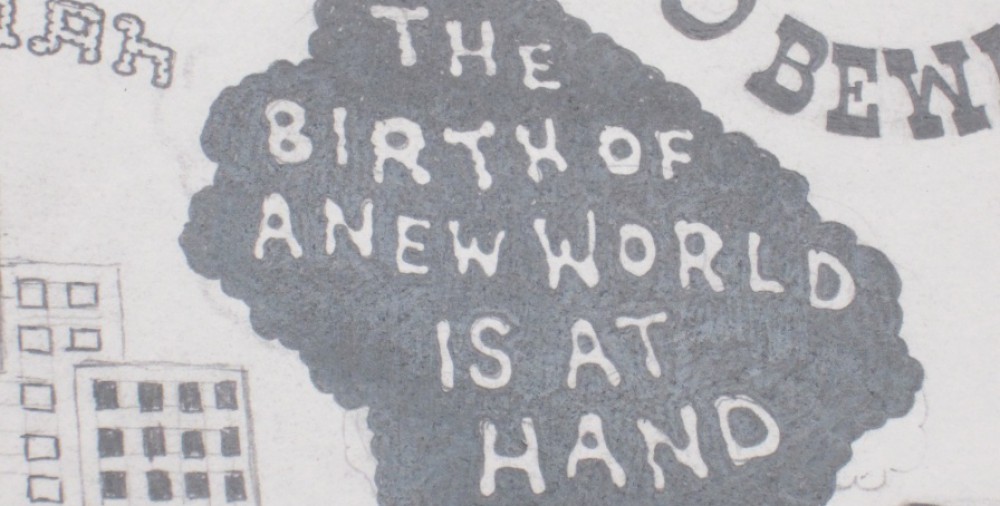In the beginning of the 6 chapter we see the conflict manifest itself and there is discord between Lenina and Bernard. Lenina and Bernard are representative of two different ideas in the Brave New World. They both like each other and they form a relationship, however their different ideas about the relationship and different point of viewing the world , produces conflict. Bernard is portrayed as a protagonist in a utopian world, he thinks and feels differently and people comment that “It’s the alcohol they put in his surrogate” (BNW,93). That impacts how people think about him, because he acts and thinks differently than most people. Lenina likes Bernard, she likes how he look. However, she does not understand his behavior. Bernard is a protagonist against the system. He wants to discover his own happiness and wants to discover real happiness. He doesn’t want to be part of the system anymore. “I were more me… More on my own, not so completely a part of something else”(BNW, 90) Bernard is struggling with internal conflict. He refuses to take soma with Lenina the first place. Bernard understands all process and idea of soma that keep people unconscious. But mainly it’s because the effects of soma are no more intellectually illuminating. However, Lenina does not understand Bernard’s attitude and thinks that he is boring. Bernard likes her and does not want to have a huge gap of understanding between them. That why he took some. “I know you don’t. And that why we went to bed together yesterday-like infants-instead of being adults and waiting” (BNW, 93).
Overall, in the Brave New World”, people are lacking of emotion and live in a world of illusion. Consumption and production is controlled, thus the means of social masses is still the same. “Two hundred repetitions, twice a week from fourteen to sixteen and half”(BNW, 92). In the book society foolishly worships the free market and consumption is encouraged just to keep everyone busy. America was strictly divided, then as now, between the rich and the poor and the educated and the uneducated. Those who were born into privilege believe that they had a right to control the masses. Social conditioning is something that happens unconsciously in society, to ensure that powerful people get what they want and that resistance will be non-existent. In my opinion, this is why the book is very relevant today.



